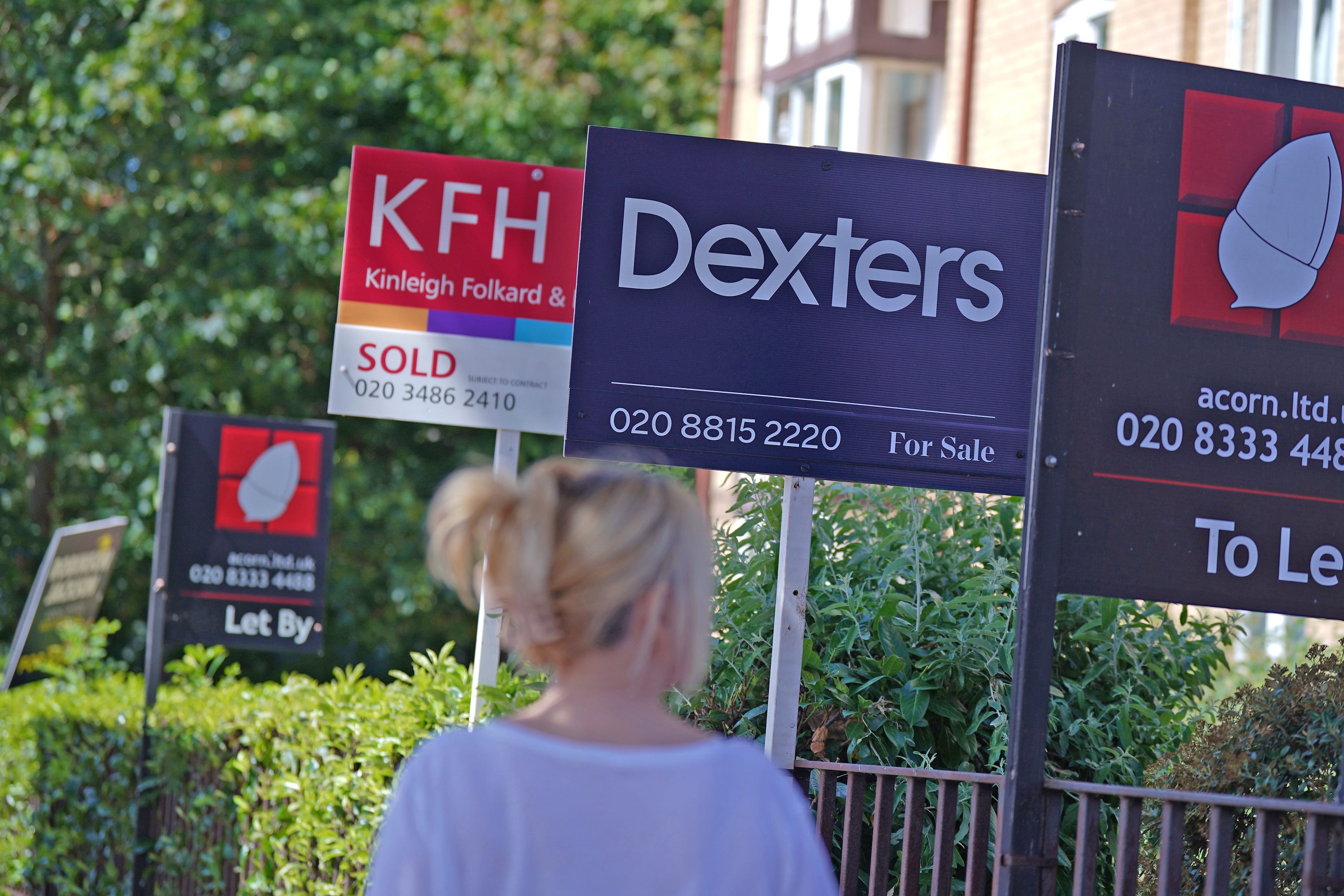More than 15,000 renters could lose homes before ban on no-fault evictions comes into force
More than 15,600 rental households will be evicted by bailiffs in the first six months of 2025, the Renters Reform Coalition has warned
Thousands of tenants could be kicked out of their homes before new laws to ban no-fault evictions comes into effect, a campaign group has warned.
The new legislation promises more rights to challenge unfair rent increases, target landlords who do not repair mouldy homes and prevent tenants from being served section 21 orders, which allow a landlord to ask their tenant to leave their property without having to specify a reason.
However, the Renters Reform Coalition, which brings together 21 organisations supporting private renters, says such orders could be used thousands of times during the wait for the bill to become law.
The group warned that based on current trends, more than 15,600 rental households will be evicted by bailiffs in the first six months of 2025. A figure that represents a 12.2 per cent increase on the first half of last year.

The legislation will return to the House of Commons on Tuesday afternoon for its remaining stages, having passed through its first and second reading and scrutiny from a parliamentary committee last year. It will then head to the House of Lords for further scrutiny.
Lucy Tiller, policy manager for the RRC, said the legislation is unlikely to come into force until summer, pointing out at the number of no-fault evictions is currently at an eight-year high.
“Some of the increase is because there was a massive downturn during the pandemic and we just still on the increase from that, but it is definitely the case that there are a huge number of Section 21 evictions going through at the moment”, she told Metro.
“We think, since the last government pledged in 2019 to ban Section 21s, over 100,000 households have been threatened with homelessness and 1,000,000 have received Section 21 evictions, so these are huge numbers.”
The coalition used statistics from the Ministry of Justice to estimate there will be 15,637 “landlord repossession actions” in the first half of this year, based on the increases recorded between 2023 and 2024. The number includes private, council, and housing association rental households.
It comes after RRC director Tom Darling in October 2024 warned of a “wave of evictions” before the Section 21 ban came into effect.
But campaigners have also welcomed reforms which should mean hopeful tenants no longer have to “magic up eye-watering sums up front”.
An amendment to the proposed legislation would stop landlords demanding more than a month’s rent in advance from a new tenant, with housing charity Shelter dubbing it a “discriminatory practice”.
But Polly Neate, the charity’s chief executive called on the government to go further, saying: “With benefit recipients nearly twice as likely to be blocked from renting by demands for rent up front, the Government is absolutely right to use the Renters’ Rights Bill to reign this discriminatory practice in.
“But paying to get a foot in the door isn’t the only cost renters contend with. We regularly hear from tenants who are forced to up sticks and move when their landlord hikes the rent to ridiculous levels – last year 900 renters a day moved because of a rent hike they couldn’t afford.
“To truly make renting more secure and affordable, the Bill must limit in-tenancy rent increases in line with either inflation or wage growth. It must also stamp out the other discriminatory practices, like unnecessary demands for guarantors, that drive homelessness by locking people out of private renting.”
A Ministry for Housing, Communities and Local Government spokesperson said: “Our Renters’ Rights Bill will deliver on our promise to transform the private rented sector, so that people can put down roots and save for the future without fear of being evicted on a whim – including plans to end ‘no fault’ evictions for all existing and new tenants at the same time.
“Through our Plan for Change, we will tackle the wider housing crisis we inherited head on, building the homes we need, delivering the biggest boost in social and affordable housing in a generation.”
Join our commenting forum
Join thought-provoking conversations, follow other Independent readers and see their replies
Comments
Bookmark popover
Removed from bookmarks